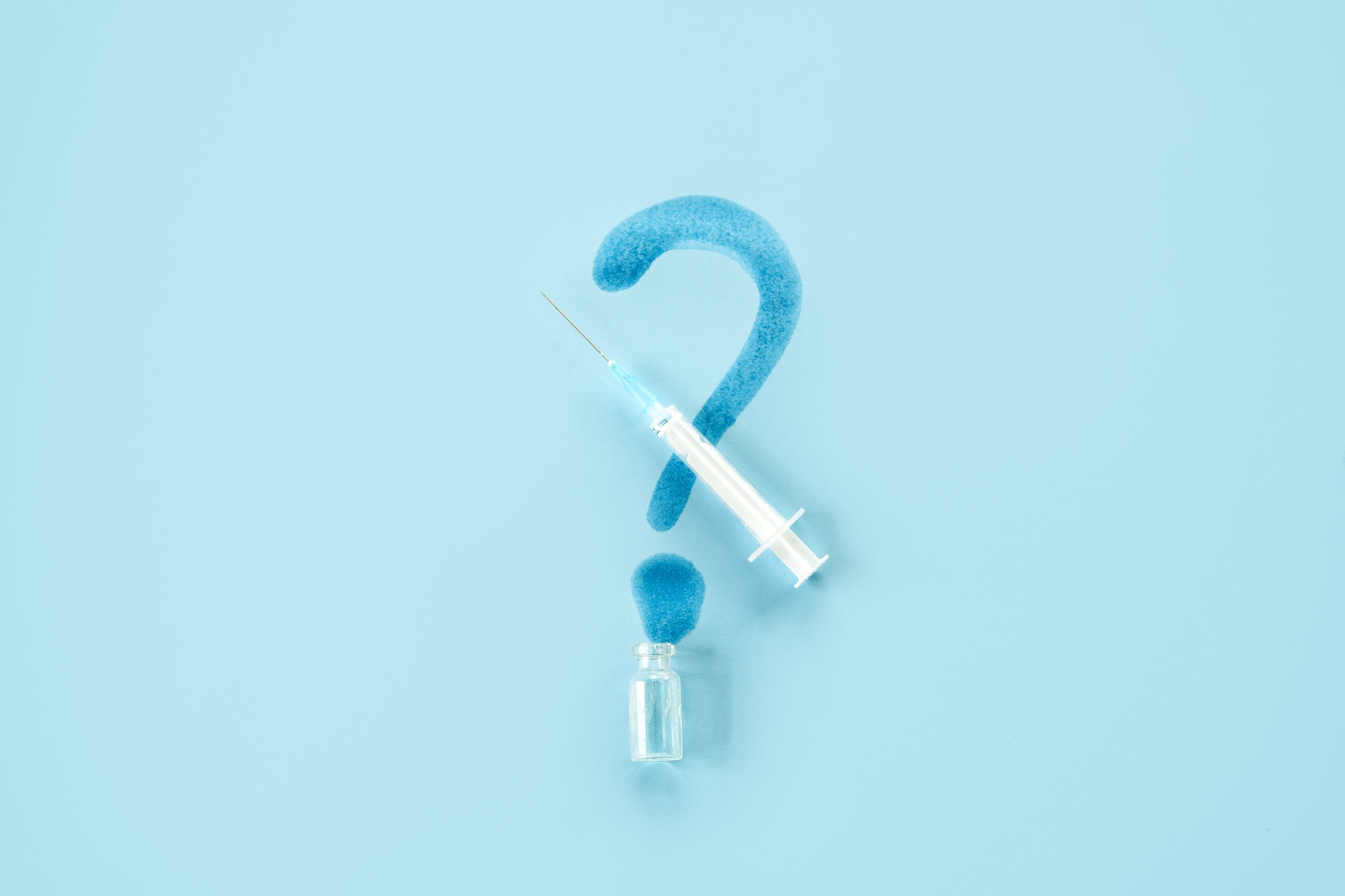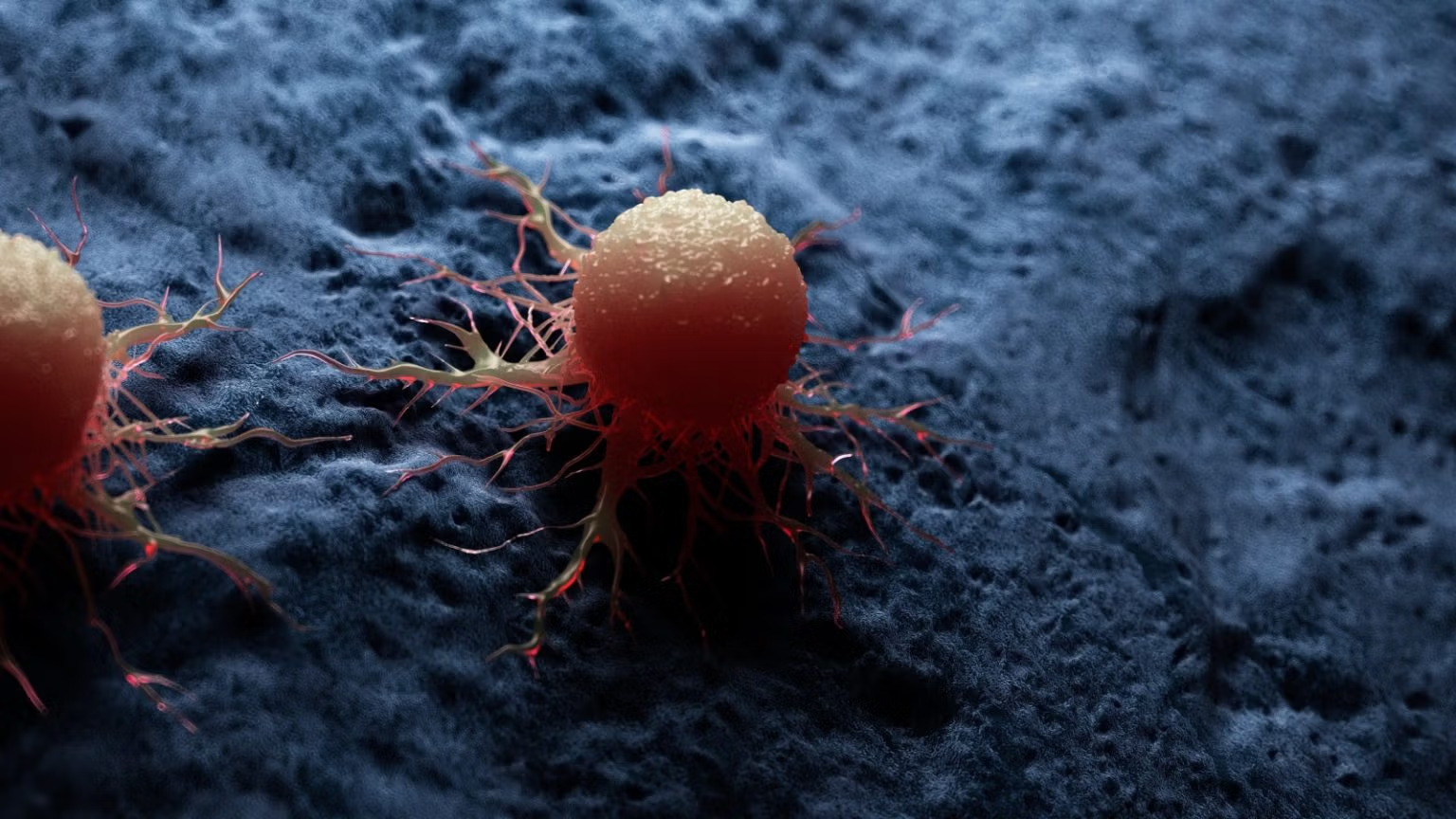My personal experiences seem to lag a bit behind the general population. I have not, until recently, noticed too many people succumbing to strange cancers. Now, quite a few have come up in my personal life, as well as in my professional life (experiences of my psychotherapy patients).
We have, of course, heard for years that one of the fallouts from the irresponsible release of the COVID-19 mRNA vaccine was the possibility of increased cases of all sorts of cancers. Reports from doctors to support this reality have increased over the years, and of course, our personal experiences with friends and family, and news reports of people dying of cancer in mysterious ways (too young, death too quickly, rare cancers) have corroborated the doctors’ concerns.
Proponents of this view argue that the vaccines, introduced globally in late 2020, have triggered an unprecedented increase in cancer diagnoses, particularly among younger individuals, with cancers presenting as unusually aggressive and resistant to treatment. They point to anecdotal reports from clinicians and pathologists who claim to have observed a rise in rare and rapidly progressing cancers, such as cholangiocarcinoma, lymphomas, and triple-negative breast cancer, since the vaccine rollout.
For instance, Dr. William Makis, a Canadian oncologist, has publicly stated that he and colleagues have seen an “explosion” of such cases, particularly in vaccinated individuals, describing cancers that progress so rapidly that patients often die within weeks of diagnosis. Similarly, Dr. Angus Dalgleish, an oncologist in the UK, has expressed concerns about the resurgence of cancers in previously stable patients following booster doses, suggesting a potential immune system disruption caused by the vaccines. These are just a few examples among what I would expect to be many.
The proposed mechanisms linking mRNA vaccines to “turbo cancers” often center on the spike protein produced by the vaccine or the presence of trace contaminants like Simian Virus 40 (SV40) DNA fragments. Some argue that the spike protein may induce chronic inflammation or impair immune surveillance, potentially reactivating latent oncogenic viruses like Epstein-Barr virus (EBV) or human papillomavirus (HPV), which are known to contribute to certain cancers.
Others, including Dr Ryan Cole, a pathologist, have suggested that the mRNA vaccines could alter bone marrow function, leading to cancers that are unresponsive to conventional therapies. A Japanese study published in 2024 reported increased age-adjusted mortality rates for certain cancers, including ovarian, leukemia, prostate, and lip/oral/pharyngeal cancers. The study was carried out in 2022 (and published two years later), coinciding with widespread third-dose mRNA vaccination.
The study noted a 9.5% excess mortality in the 75-79 age group and suggested that the spike protein or lipid nanoparticles might promote coagulation or immune suppression, potentially exacerbating cancer progression.
These claims are supported by case reports and small studies cited by vaccine skeptics. For example, a Belgian study in Frontiers in Oncology described a mouse developing malignant lymphoma after receiving a high dose of Pfizer’s mRNA vaccine, though the authors cautioned that causality was not established.
Another case involved a 66-year-old man diagnosed with non-Hodgkin lymphoma shortly after a Pfizer booster, with similar reports of lymphomas emerging post-vaccination. Dr. Kashyap Patel, a community oncologist in South Carolina, reported seeing seven cases of cholangiocarcinoma in a single year, a rare cancer typically affecting older individuals, now appearing in patients 20-30 years younger.
These clinicians argue that the time-based association between vaccination and cancer diagnoses, combined with the aggressive nature of these cases, warrants further investigation. They express concern that the lack of long-term clinical trials on mRNA vaccines leaves open the possibility of unforeseen oncogenic effects, particularly as global systems like VAERS have logged reports of cancer-related adverse events, though these are unverified and not indicative of causation.
Duh. Any one of us, with our “common sense” observation, could have told them that years ago. Science never “assumes the obvious” which does make sense from an objective point of view. But the obvious should always generate scientific curiosity and subsequent scientific investigation. Of course, if the authority of the government is controlling the science, this obviously does not happen.
So what is the obvious?
Well, even my wife, with a clear “sheep persuasion” notices an increase in cancer deaths, particularly the strange ones, like its occurrence in people way too young to be dealing with a particular form of cancer, and the “turbo-quality” to the disease (dead within a few months) or the rarity of the cancer in question.
I have done extensive statistical research on this issue with my pal Super Grok (my AI friend and companion (you know I am being flippant)—if you want to see my research I would be happy to share it with you) and I have discovered the average person has in their family and friend group somewhere around 250 people (this varies depending on whatever statistical system you are working with, some say as little as 100, some say as many as 800 constitute the typical “family/friend” group of the average person). And within that group, the possibility of someone dying of cancer in a five-year period is about 1-2, depending on a few factors such as the age of the group in question.
My personal experience does not seem to jibe with this, but I guess it is close. But since Covid, or more succinctly since the vaccine, that number has increased quite a bit. It is difficult for me to assess this accurately since I tend to lump all the suspected cancer deaths I hear of in one pile (and I hear of them from clients as well).
I also seem to be experiencing a low number of “inner circle” cancer deaths compared to other people, who have experienced MANY, some as many as 10 or so! So, how does this jibe with the 1-2 cases found within an average friend/family group of 250?
Another interesting statistic is that the 2023 report by Correlation Research in the Public Interest, led by Denis Rancourt, claims that the vaccine has caused more than 17 million deaths worldwide. If this is true, does this number include these suspected vaccine related cancer deaths? There are many reasons why this is not a wise assumption.
The average number of cancer deaths a year globally is roughly 10 million, and it increases slightly every year. If these excess cancer deaths we hear of (anything over 1-2 within the average friend/inner circle group) are attributed to the vaccine, we would have to add about 43 million to that 17 million number already mentioned. And since the official data shows no gargantuan cancer death increase since the vaccine made its debut in late 2020, this seems a bit implausible. Or is it?
The oncologists and other doctors, who note the increase of turbo cancers and attribute the increase to the vaccine, have explanations for this discrepancy, which include the agenda’s effort to block this information from official statistics. Oh, my, they wouldn’t do that, would they? So the actual deaths caused by the vaccine could be well over 17 million. If we include at least half of the cancer deaths we find “out of the ordinary” with the deaths now suspected to be caused by the vaccine, the final vaccine caused deaths would at least double. 37 plus million.
So, what is the forbidden question?
Obviously, it is, “Were they vaxxed?” when we hear of an unusual cancer death or diagnosis. We typically do not ask that question for obvious reasons, one of them being that we already know the answer.







